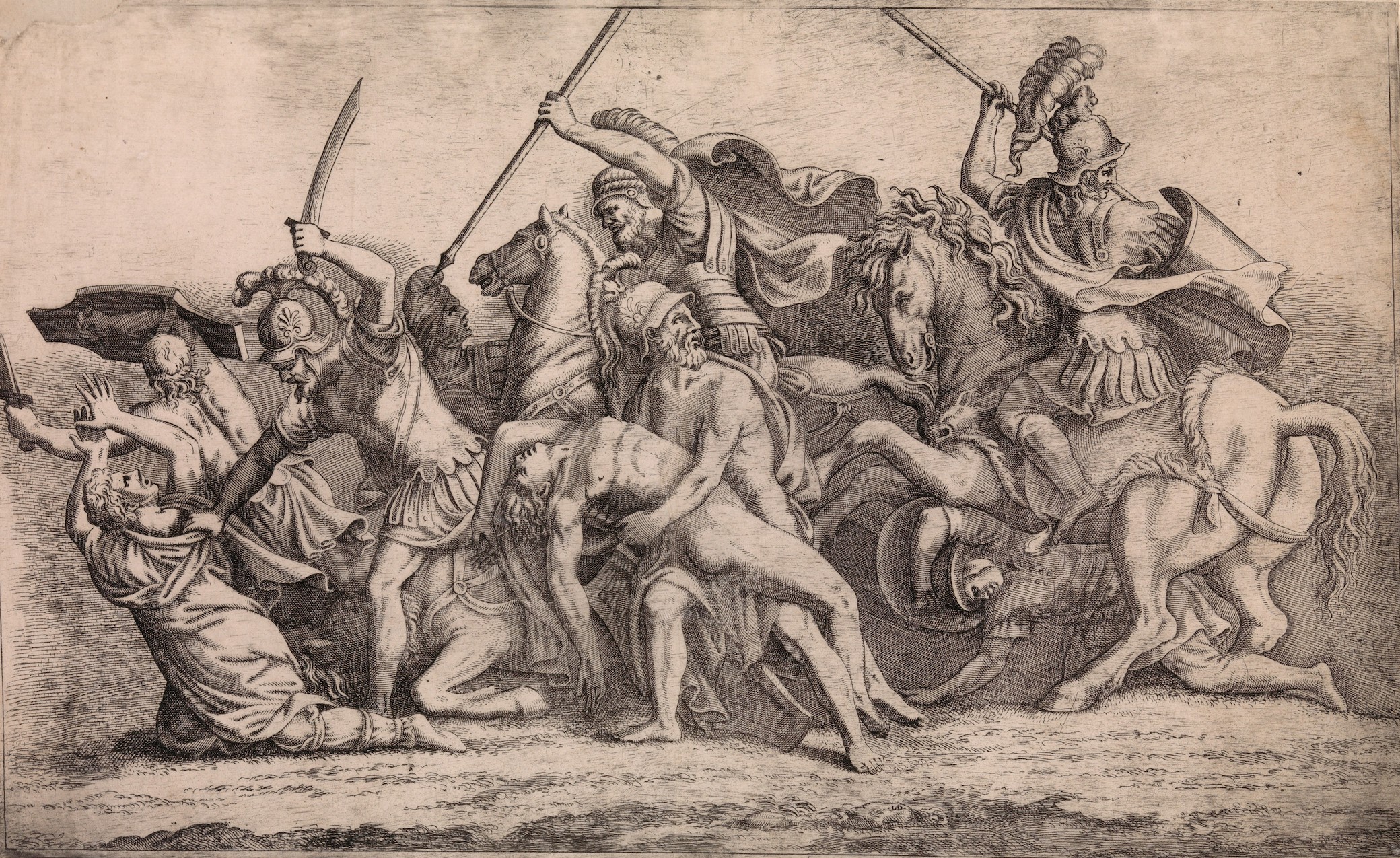
Achilles Removing Patroclus’ Body from the Battle, c. 1547. The Metropolitan Museum of Art, Elisha Whittelsey Collection, the Elisha Whittelsey Fund, 1949.
• “Lampedusa, at the gates of Fortress Europe.” (Le Monde)
• On Europe’s identity crisis. (The Economist)
• Revisiting Simone de Beauvoir on otherness and freedom. (The Point)
• “By virtue of being an aesthetic experience, games inherit all of these complex connections between truth and beauty.” (The MIT Press Reader)
• Making a traditional Korean dish with chestnuts from the street. (Defector)
• How we became extremely online. (Vox)
• “Though they are battling to govern in the future, the Republican candidates seem obsessed by how we understand the past. Those who cite the legacies of President Reagan and the conquest of wilderness want to emulate what they see as the heroic steps the Puritans took to establish a nation. Yet they seem blind to the complexity of the actual past.” (Zócalo Public Square)
• Bringing Homer back. (Slate)
• On Michael Kenna’s landscape photography. (Guardian)
• “How Does the American Climate Corps Compare to Its Predecessor?” (Mother Jones)
• “Historically, strikes have not simply been instruments for negotiating better compensation packages. Rather, in periods of militancy, striking has served as a way to refuse managers’ absolute authority over the labor process, enabling unions to serve as engines of political transformation in the workplace.” (Jewish Currents)
• This week in obituaries: Michael Gambon, M.S. Swaminathan, Giorgio Napolitano, David McCallum, Nashawn Breedlove, Terry Kirkman, Hollis Watkins, Pearl Bowser, Dick Clark, Matteo Messina Denaro, Endel Tulving, Jeremy Silman, Barbara Mullen, Brooks Robinson, Mike Henderson, Najah Salam, Burkey Belser, Zoleka Mandela, and Dianne Feinstein.